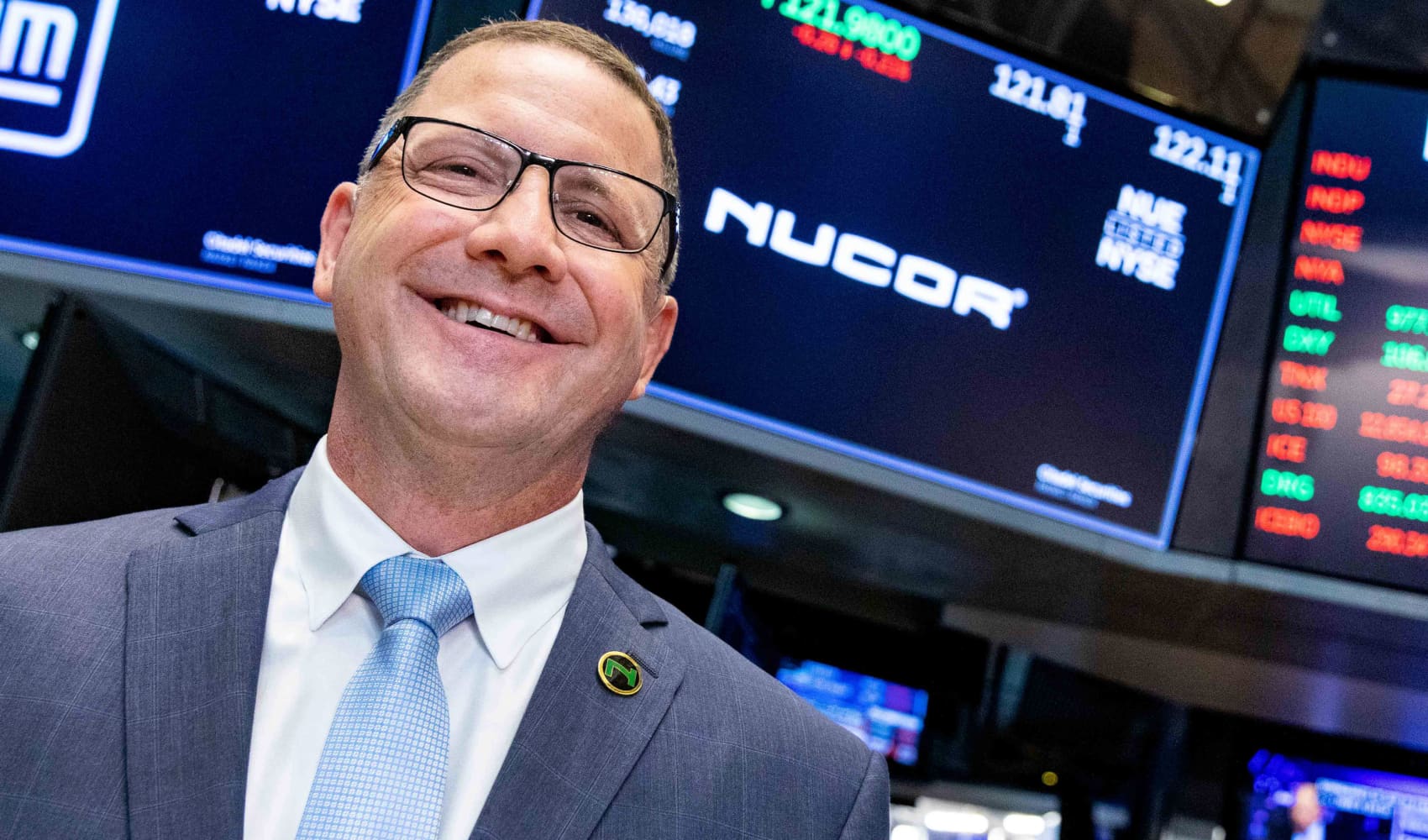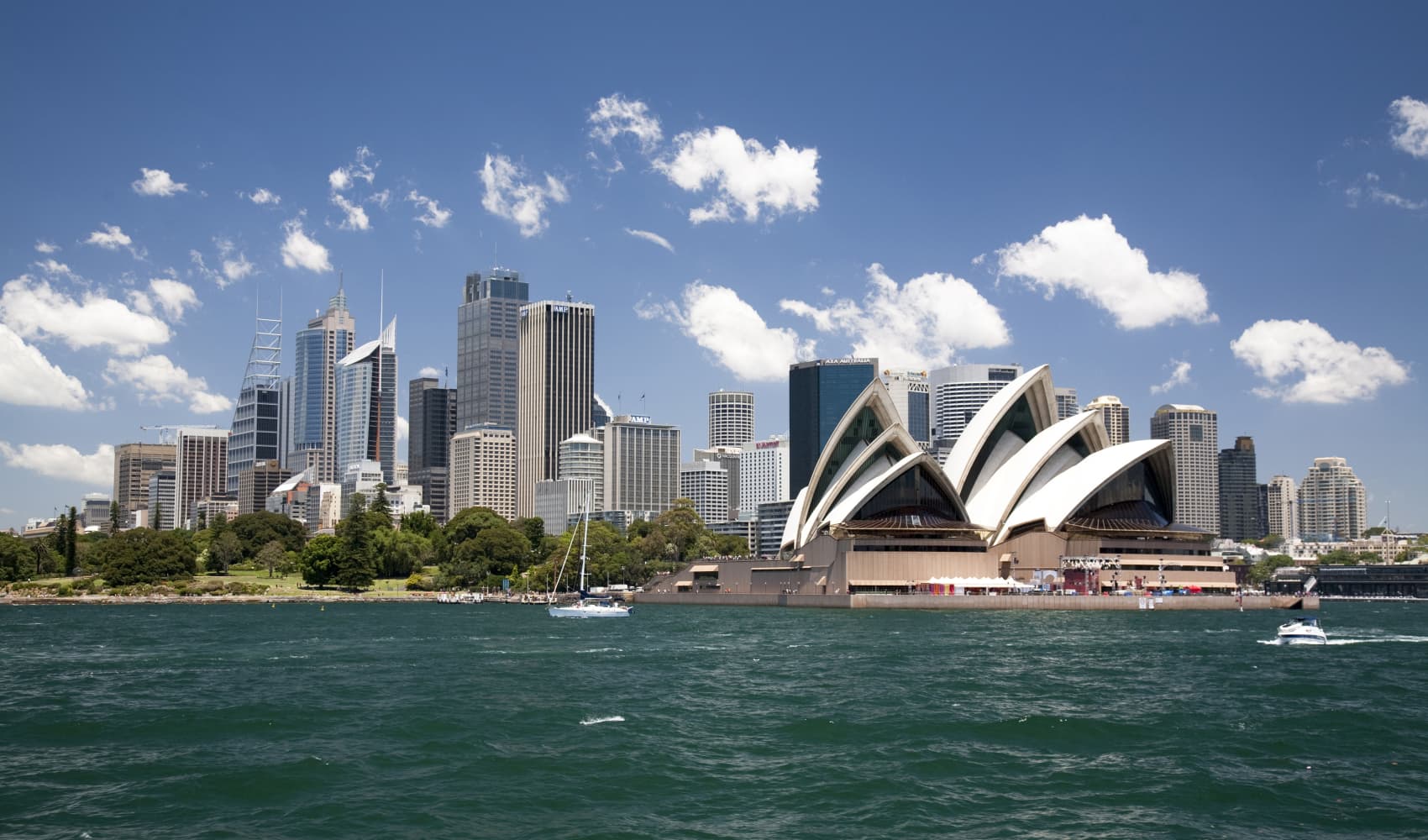
- Lynch arrived in the U.S. Thursday afternoon and is currently detained in San Francisco until bail conditions are met, a spokesperson for the entrepreneur confirmed to CNBC.
- Lynch, 57, sold his software start-up Autonomy to HP in 2011 for $11.7 billion, instantly making him one of the wealthiest and most celebrated tech founders in the U.K.
- HP accused Lynch and other Autonomy executives of inflating the Autonomy revenues by around $700 million.
LONDON — British tech entrepreneur Mike Lynch has been extradited to the U.S. to face fraud charges in relation to the sale of his software company Autonomy to Hewlett Packard.
Lynch arrived in the U.S. on Thursday afternoon and is currently detained in San Francisco until bail conditions are met, his spokesperson confirmed to CNBC. He face charges of securities and wire fraud in relation to the sale of his company Autonomy to HP for $11 billion.
The entrepreneur attended an arraignment hearing on Thursday and was ordered to pay a $100 million bail to be released on house arrest, the spokesperson said. It is not yet clear whether Lynch intends to pay the bond.
Get South Florida local news, weather forecasts and entertainment stories to your inbox. Sign up for NBC South Florida newsletters.
"The bail set by the U.S. court is by U.K. standards extraordinarily high and is a clear example of the differing approaches of the U.S. and U.K. when it comes to prosecuting allegations of white collar crime," Thomas Garner, extradition partner at law firm Fladgate, told CNBC via email.
It comes after Lynch lost a High Court battle to appeal extradition last month.
Lynch, 57, sold his software start-up Autonomy to HP in 2011 for $11.7 billion, instantly making him one of the wealthiest and most celebrated tech founders in the U.K.
Money Report
A year later, HP announced an $8.8 billion write-down on the company, claiming that "accounting irregularities" led it to pay too much for Autonomy, which sold data analytics software to businesses.
HP's main accusation is that Autonomy's execs inflated the company's revenues by around $700 million. The company sued Autonomy for $5 billion. Lynch counter-sued, leading to a complex legal battle that has been rumbling on for a decade.
In January last year, then-U.K. Interior Minister Priti Patel approved Lynch's extradition to the U.S., after a British judge ruled in favor of HP in a civil case against Lynch over claims that he plotted to inflate the value of Autonomy before it was bought by HP.
Lynch isn't the first Autonomy employee to face charges in the U.S. In May 2019, former CFO Sushovan Hussain was charged with fraud and and sentenced to five years of imprisonment.
Some in the U.K. tech industry believe that Lynch should not have been extradited. In February, a number of entrepreneurs, including Made.com co-founder Brent Hoberman, wrote a letter to Prime Minister Rishi Sunak complaining about America's "unreasonable" use of an extradition treaty to deport the technology entrepreneur.
"Is it the right thing that a U.K. businessman operating under U.K. laws is extradited to the U.S.? I don't believe it is, and I don't think other business people will think so either," Hoberman previously told The Sunday Times newspaper in an interview.
After writing off three quarters of Autonomy's value, HP sold what was left of the company to British firm Micro Focus in September 2016 as part of an $8.8 billion deal that involved other HP business units.






